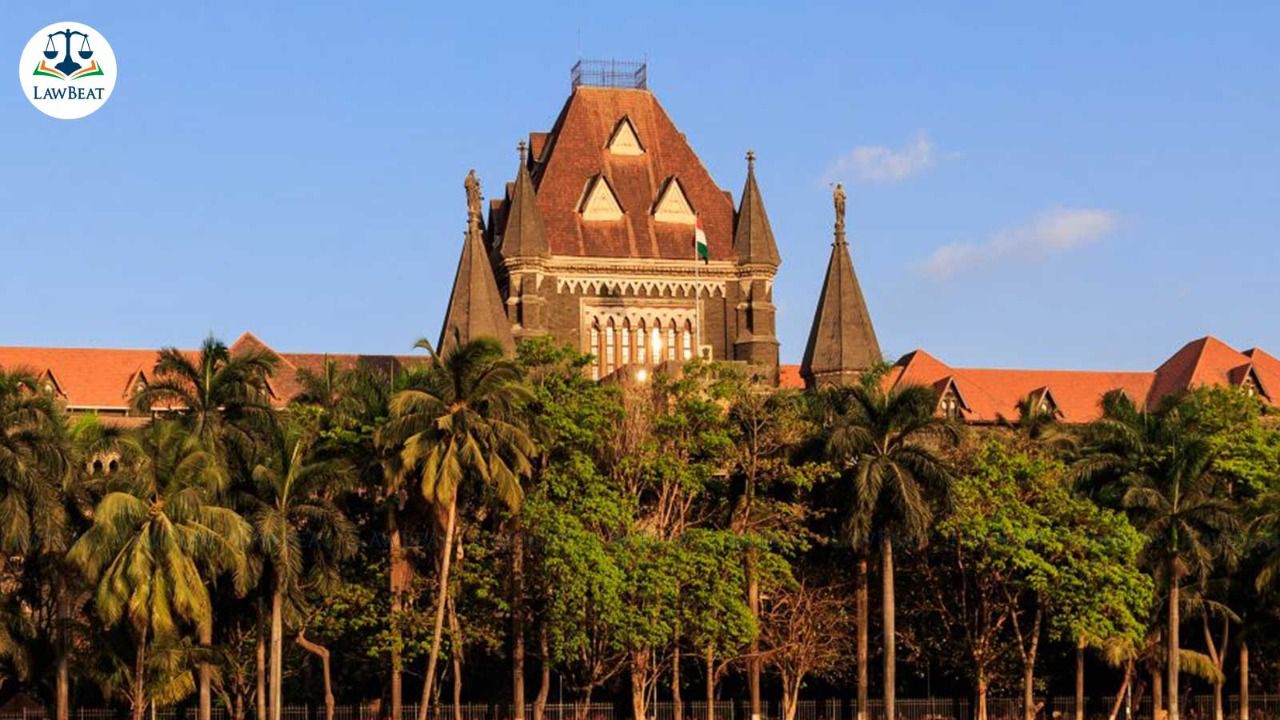"Brazenness And Mind Boggling" - Bombay HC Noted While Setting Aside The Order Of Divisional Deputy Registrar

The Bombay High Court, Aurangabad Bench, considering the factual matrix of the present matter and the exercise of 'quasi-judicial power' was of the opinion, that the manner it was exercised, was not how 'a quasi judicial authority is expected to function'
A bench of Justice Mangesh S. Patil and Justice Sandeep V Marine, on 30.08.2022 while setting aside the order passed by the Divisional Deputy Registrar (DDR) of co-operative societies was of the opinion that, "This is not the manner in which a quasi judicial authority is expected to function. The foundation and even the motive for passing the impugned order compels us to quash and set aside the impugned order".
The Bombay High Court, Aurangabad Bench further held that, " We are, therefore, of the firm view that the respondent no. 4 - DDR has passed the impugned order not only in the absence of any ground or by resorting to any enquiry by following the principles of natural justice but even has passed it mala fide with an ulterior motive to oblige the Government".
In the present matter, the petitioners had approached the High Court after challenging the order passed by the Divisional Deputy Registrar of the Co-operative Societies (DDR) under section 77A of the Maharashtra Co-operative Societies Act, 1960. The petitioner’s term as a member was to expire in 2020 but due to COVID-19, the term was extended time and again, finally ending on 30.09.2022. But before the term of the members could end, the DDR passed an order on 29.08.2022, removing the petitioners from their posts and appointing new members.
Advocates for the petitioner, VD Hon and AV Hon, argued that there was no independent inquiry conducted by the DDR. Further, that the DDR was working under the directions of the Hon’ble Chief Minister and there was a complete violation of principles of natural justice. That the Deputy Secretary of the state had expressly communicated to the DDR that they should take necessary steps by dissolving the petitioner's managing committee by exercising its power under 77A. It was expressly mentioned that the new committee should be constituted as per the directions of the Hon’ble Chief Minister which was in flagrant violation of power exercised by him and the decision was not taken independently.
While DR Kale, the government pleader argued that the order passed by the DDR was valid and he had exercised his quasi-judicial power which is appealable under section 152 of the Act. And since an efficacious statutory remedy is available, the present writ petition is not maintainable. Advocate DB Thoke, appearing on behalf of the respondent argued that the policy decisions were being taken by the petitioners’ managing committee during the extended tenure, and it was imperative for respondent no. 4 - DDR to take drastic action.
The High Court while rejecting the contention of the respondent that an alternative remedy was available, passed the order in favour of the petitioner stating that the appeal would lie before the state government itself and allowed the petition. The court in its order stated that,
“...the respondent no. 4 - DDR by his communication dated 28 July 2022 (Exhibit A) had pointedly invited the attention of the Government that there were absolutely no circumstances to take any decision under that provision and there was every possibility of the order being challenged. If on the previous day, he was of such a strong view, one cannot comprehend, at least there is nothing on record to objectively demonstrate, as to what thereafter had prompted him to pass the impugned order on the very next day”.
The court noted that it is as clear as day and night that the DDR was acting at the behest of the state government and the DDR has passed the order not only in the absence of any ground or by resorting to any inquiry by following the principles of natural justice but even has passed it mala fide with an ulterior motive to oblige the Government.
The court went on to state that:
“The brazenness with which the things have happened are also mind boggling”
While passing the order in favour of the petitioner the court relied on the Supreme Court judgement of Chandrika Jha Vs. State of Bihar and Ors.; (1984) 2 SCC 41 wherein similar power was vested with the Registrar to constitute the first board of a co-operative society for a specified period. And also relied on Joint Action Committee of Air Line Pilots’ Association of India (Alpai) and others Vs. Director General of Civil Aviation and others; (2011) 5 SCC 435, wherein the Supreme Court noted, that a superior authority cannot interfere with the functioning of the statutory authority.
CASE TITLE: Jagdish Lahu Badhe and Others vs. The State of Maharashtra through Deputy Secretary and Others
